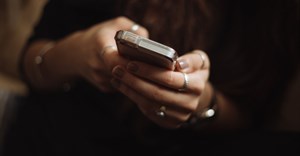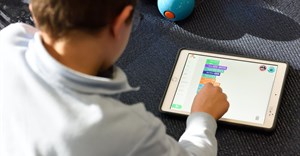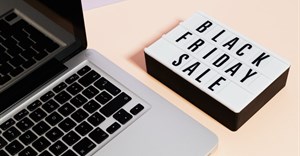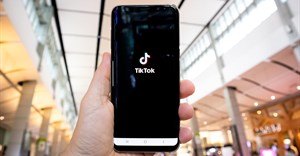Subscribe & Follow
#CannesLions
- The new standardCarl Willoughby
- All the South African winnersDanette Breitenbach
- Final Grande Prix and LionsDanette Breitenbach
Trending
-

-
 Gauteng government buys newspaper space to praise MECDaniel Steyn, Joseph Bracken and Raymond Joseph
Gauteng government buys newspaper space to praise MECDaniel Steyn, Joseph Bracken and Raymond Joseph -

-

-

-

Jobs
- Power BI Developer Johannesburg
- Junior Data Engineer Johannesburg
- Senior Back-end C# Developer Cape Town
- Senior Full Stack Developer - C# Centurion
- Business Intelligence and SQL Specialist Johannesburg
- Data Analyst Johannesburg
- Azure Data Engineer Johannesburg
- Data Scientist Johannesburg
- Hardware/Software Engineer Midrand
- Senior C# Developer Johannesburg
Be safe online
"The City of Joburg decided to open a criminal case against the person who "hacked into its billing system".
It is debatable whether the incident can be described as a hacking. In fact, a security analyst told MyBroadband that the security flaw is a very common mistake made by developers.
He said that the City of Joburg's security flaw points to a lack of knowledge about online security, sloppy design, and a poor security evaluation of a system. See: Joburg hacking case: why you may get angry
The bottom line is that when you give your personal information to someone online, you trust them with your identity, but as the security analyst pointed out, you cannot trust anyone online as sometimes the mistake occurs as far back as the developmental phase. Even if this is not the case, there seems to be a general lack of knowledge about online security.
So what can you do about it?
Here are some tips to stay safer online.
Of course following these tips still can't prevent your information from being compromised, when a website is not setup securely from the get-go, but they can at least minimise the damage. In the modern world, anything you put online is open to be used and exploited, but that's no reason not to do it. Keep your wits about you and you'll stay safe, as long as you don't go overboard exposing yourself.












